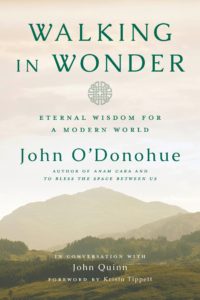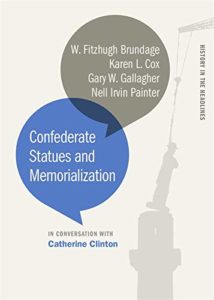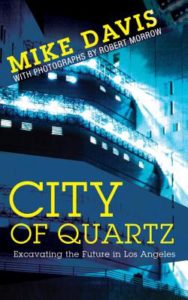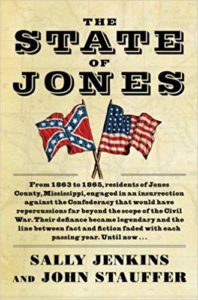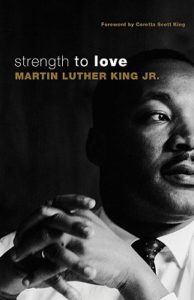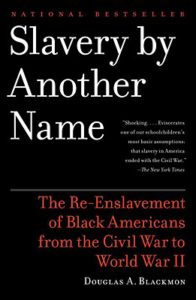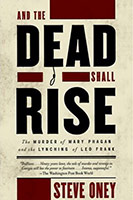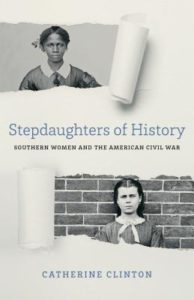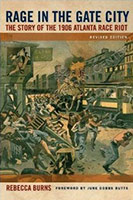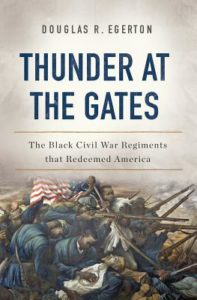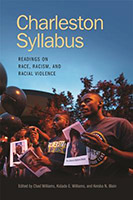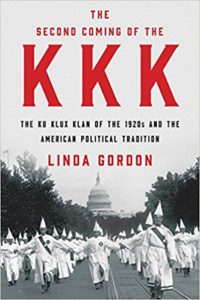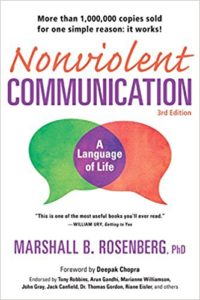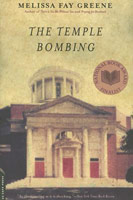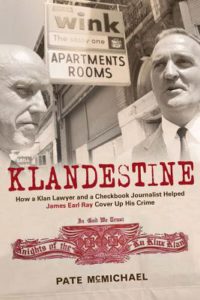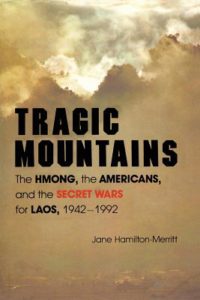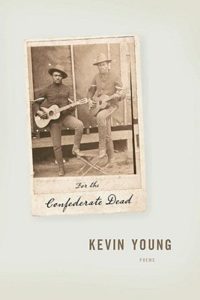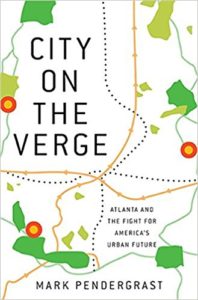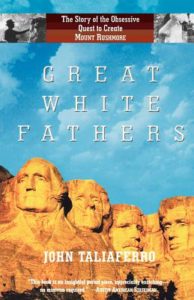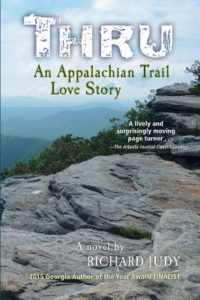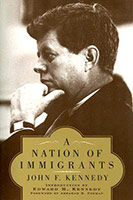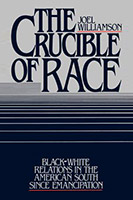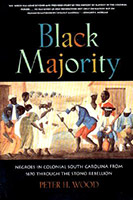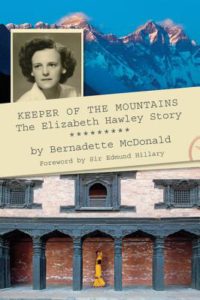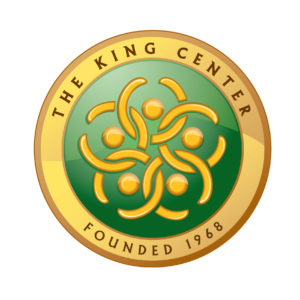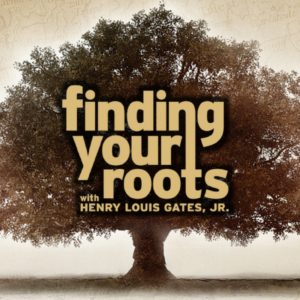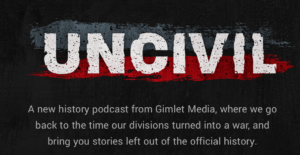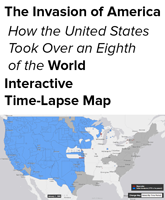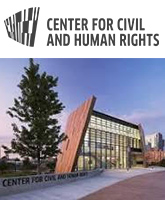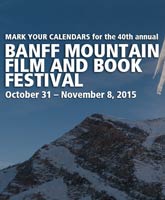Dr. Martin Luther King, Jr.
"And if America is to be a great nation, this must become true.
So let freedom ring from the prodigious hilltops of New Hampshire.
Let freedom ring from the mighty mountains of New York.
Let freedom ring from the heightening Alleghenies of Pennsylvania.
Let freedom ring from the snowcapped Rockies of Colorado.
Let freedom ring from the curvaceous slopes of California!
But not only that.
Let freedom ring from Stone Mountain of Georgia!
Let freedom ring from Lookout Mountain of Tennessee!
Let freedom ring from every hill and molehill of Mississippi!
From every mountainside, let freedom ring!
And when this happens, when we allow freedom to ring, when we let it ring from every village and every hamlet, from every state and every city, we will be able to speed up that day when all of God's children, black men and white men, Jews and Gentiles, Protestants and Catholics, will be able to join hands and sing, in the words of the old Negro spiritual, "Free at last! Free at last! Thank God Almighty! We are free at last!"
— Dr. Martin Luther King, Jr.
John F. Kennedy
Just months before JFK was assassinated, he was actually in the midst of revising A Nation of Immigrants, a pamphlet he'd first written in 1958 as a junior senator (for the Anti-Defamation League's One Nation Library), into a book. It had in fact just been excerpted in the New York Times Magazine and would be posthumously published in 1964 (and republished in 2008 by the ADL). Ever a champion of fair immigration laws, JFK had not surprisingly been urging Congress to make reforms from the very outset of his presidency. His wish for such change would also be posthumous but would live on in the form of the hugely significant Immigration and Naturalization Act of 1965.
Leo Frank
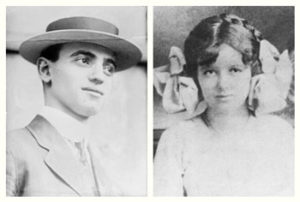 This year marks 110 years since Leo Frank's lynching, and the 20th Century Klan's chilling, infamous rebirth on Stone Mountain. Leo Frank was the Jewish manager of the National Pencil Company (now the site of the Sam Nunn Atlanta Federal Center) accused of raping and strangling 13 year-old employee, Mary Phagan, in 1913. Suspicion also fell on a black man, Jim Conley, the factory's janitor, but Frank was sentenced to life in prison and was soon after kidnapped from prison and lynched on August 17, 1915, in Marietta, GA by a mob of 25 prominent citizens calling themselves the Knights of Mary Phagan, including a former governor. Author Steve Oney, who spent 17 years writing a book about Leo Frank and Mary Phagan — AND THE DEAD SHALL RISE: The Murder of Mary Phagan — doesn't mince words when he calls Frank’s lynching a vengeful act of terrorism that left Atlanta’s Jewish community deeply unsettled, and rightfully so, well into the 1970s. Oney described the conspirators as a “dream team” of well-heeled Marietta politicians: Herbert Clay, Bolen Brumby, Judge Newt Morris, John Tucker Dorsey, and former Georgia Governor Joseph Brown.
This year marks 110 years since Leo Frank's lynching, and the 20th Century Klan's chilling, infamous rebirth on Stone Mountain. Leo Frank was the Jewish manager of the National Pencil Company (now the site of the Sam Nunn Atlanta Federal Center) accused of raping and strangling 13 year-old employee, Mary Phagan, in 1913. Suspicion also fell on a black man, Jim Conley, the factory's janitor, but Frank was sentenced to life in prison and was soon after kidnapped from prison and lynched on August 17, 1915, in Marietta, GA by a mob of 25 prominent citizens calling themselves the Knights of Mary Phagan, including a former governor. Author Steve Oney, who spent 17 years writing a book about Leo Frank and Mary Phagan — AND THE DEAD SHALL RISE: The Murder of Mary Phagan — doesn't mince words when he calls Frank’s lynching a vengeful act of terrorism that left Atlanta’s Jewish community deeply unsettled, and rightfully so, well into the 1970s. Oney described the conspirators as a “dream team” of well-heeled Marietta politicians: Herbert Clay, Bolen Brumby, Judge Newt Morris, John Tucker Dorsey, and former Georgia Governor Joseph Brown.
The Klan’s infamous 20th Century rebirth on top of Stone Mountain and the prominent Georgia politicians that lynched Leo Frank were intricately entangled. Months after killing Leo Frank, the Knights of Mary Phagan newly anointed themselves the Knights of the Ku Klux Klan as they gathered at Stone Mountain on November 25, 1915, to lay claim to the mountain while burning a 50-foot cross on top of the mountain, reading from the Bible at a makeshift mountaintop altar that also included American flags.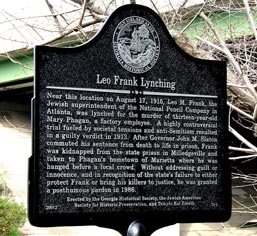 Leo Frank was posthumously pardoned by the Georgia State Board of Pardons and Paroles on March 11, 1986, on the grounds he could not appeal his sentence and that the state did not protect him or bring his killers to justice. A witness named Alonzo Mann later came forward in 1982 in a sort of deathbed confession to refute Jim Conley's original trial testimony, introducing reasonable doubt. The enduring mystery surrounding Mary Phagan's death and the rise of a white supremacist hate group at Stone Mountain last century are among the darkest chapters in Atlanta’s history, but as Steve Oney has said, at least we are willing to talk about it now.
Leo Frank was posthumously pardoned by the Georgia State Board of Pardons and Paroles on March 11, 1986, on the grounds he could not appeal his sentence and that the state did not protect him or bring his killers to justice. A witness named Alonzo Mann later came forward in 1982 in a sort of deathbed confession to refute Jim Conley's original trial testimony, introducing reasonable doubt. The enduring mystery surrounding Mary Phagan's death and the rise of a white supremacist hate group at Stone Mountain last century are among the darkest chapters in Atlanta’s history, but as Steve Oney has said, at least we are willing to talk about it now.
Further Reading
-
“I Have a Dream” speech
-
Early recording found of Martin Luther King, Jr.'s "I Have a Dream" speech
-
Civil Rights Act of 1964
-
Immigration & Naturalization Act of 1965
-
Voting Rights Act of 1965
-
Leo Frank Papers
-
13th Amendment to the U.S. Constitution: Abolition of Slavery
-
"I Remeber Hour" The DeKalb History Center | James Venable
Mike Petersen started his own web design company after earning a web design cerificate at Emory University, where he and I met in 2014, and he sometimes offers technical help with this website. He grew up in Metro Atlanta and now resides in North Georgia and enjoys climbing Yonah Mountain, when he's not helping his neighbors, cheering on UGA's Bulldogs, or splitting wood to take a break from coding and staring at computer screens for long hours.
 Jeff Owens, a Georgia native now based in Florida, designed this website’s logo. He is an enormously talented illustrator and Graphic Designer whose recent clients include Opening Ceremony, VICE/Viceland, Birth.Movies.Death Magazine, "The Best Show with Tom Scharpling," Widespread Panic, and numerous other bands. Find and follow him on social media to see more of his work (@mymetalhand and @jtojto).
Jeff Owens, a Georgia native now based in Florida, designed this website’s logo. He is an enormously talented illustrator and Graphic Designer whose recent clients include Opening Ceremony, VICE/Viceland, Birth.Movies.Death Magazine, "The Best Show with Tom Scharpling," Widespread Panic, and numerous other bands. Find and follow him on social media to see more of his work (@mymetalhand and @jtojto).
Bryan Feldman, a mountain regular and software developer, maintains a useful, bare bones online guide to Stone Mountain Park’s hiking trails, attractions, key historical figures, and much more — including a free Android app. I first met Bryan in October 2014 during an early morning celestial event on top of the mountain. He and his wife live in Atlanta. He has also authored a book about walking the Great Wall in China.



